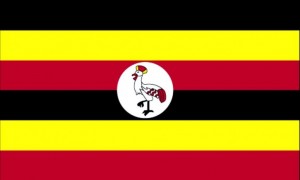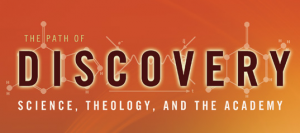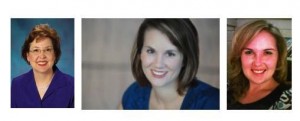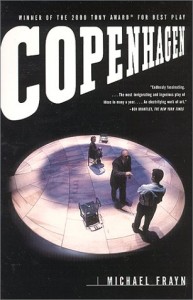Alumnus Update: Kris Heiderich, Teaching in Uganda
Kris Heiderich grew up in Brazil, where his parents have been missionaries for thirty years. Attending international schools K-12 (with one disorienting year in the U.S. during the 8th grade), Kris learned to love education, travel, and diverse community—but he didn’t know how those things would continue to play out in his own life.
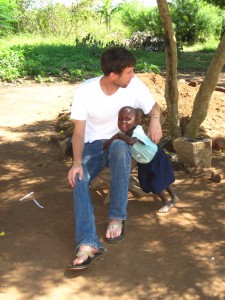
"We are all kind of in the same boat, and we have an easy time communicating," says Kris of himself and his students at Heritage.
ACU was fortunate to be Kris’s home for college. He enrolled in 2006, and he says the school was an easy place to transition and find a sense of home. After his first year, he realized he wanted to join the English department, crediting his choice to the top-tier faculty and his lifelong passion for language arts.
While building his expertise in writing and literature, Kris also joined the education department to earn his teaching certification. By the time he graduated in May 2010, he was poised to take the world by storm as a dedicated and well-rounded teacher, following the example of his own teachers in Brazil.
“Once I graduated from ACU, I sent out my resume to schools around the world and also in Texas,” Kris says. But with high levels of uncertainty surrounding employment for Texas teachers, “I began to pray for direction about starting off my career abroad. In the last few weeks of summer, I received an email from Heritage International School in Kampala, Uganda. Two weeks later, I was starting my first day of school in Uganda!
“I am thankful to the ACU English department for how much they prepared me for the real world. The faculty is not only bright, but also very sincere in their approach to education. Not many other people I know left their undergraduate program knowing they had life-long mentors available to them back at college, but at ACU, I feel that I have support even now as I trek around Eastern Africa.”
At Heritage International School, about fifty percent of Kris’s students are Ugandan and the rest are international. “It feels great,” he reports. “We are all kind of in the same boat, and we have an easy time communicating.” Kris is returning to Heritage for his second year of teaching this fall. We look forward to hearing more updates soon.
*We always love to hear from our graduates! If you have an update for us and your ACU English peers, drop us an email, and we’ll post details to the blog. For the next few months, you can email those details to Heidi Nobles at heidi.nobles@acu.edu. (And in the future, you can email those to our administrative coordinator, just as soon as that person joins us!)

